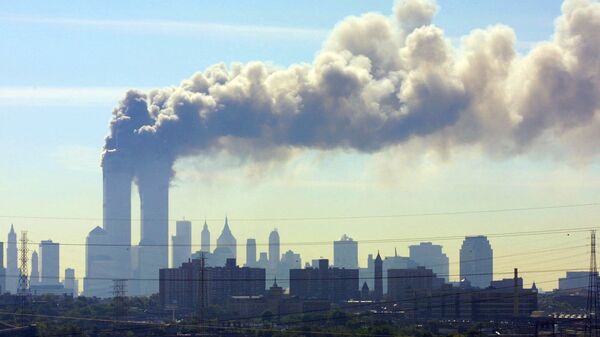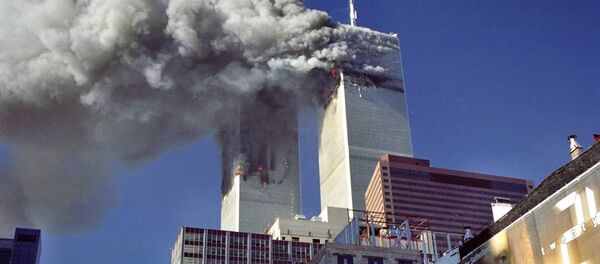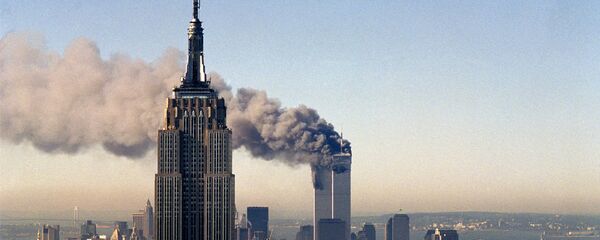"After 9/11, the United States went immediately to occupy Afghanistan, and after – Iraq. We then saw them starting a huge battle on the Arabic countries. But all evidences show that what stands behind [those attacks] is the ideology stemming from Saudi Arabia," Ahmad said.
On July 15, the Office of the Director of National Intelligence declassified 28 pages of the congressional 9/11 report, which implicated several Saudi officials in providing financial assistance to those involved in the attacks. Nevertheless, the United States maintains relations with Saudi Arabia as an ally.
"The United States did not go to punish those who did it by ideology," Ahmad added.
In Syria today, Washington supports Saudi-backed opposition and is reluctant to make an official clarification who it considers terrorists and who it views as opposition groups that need support.
"In Syria, the United States wants to change the regime. They do not support the real democratic opposition, they support rebels, Islamic opposition… This will change them from neutral to fanatic. The world is becoming more dangerous," Ahmad said.
Moscow insists that a deal with Washington is needed on differentiating terrorists from the opponents of the Damascus authorities, who are ready to enter the political process.
On September 11, 2001, al-Qaeda suicide bombers hijacked four passenger planes in the United States, crashing two into New York City's World Trade Center towers, another into the Pentagon and the fourth was sent in the direction of Washington DC, presumably to attack the White House or the Capitol. Some 3,000 people lost their lives in the terrorist attack.
Thousands of people are expected to gather in Washington, DC to commemorate the victims of the tragedy on September 11 and take part in the commemorative run and unity walk. In New York City, a memorial ceremony will be held at the World Trade Center site.




